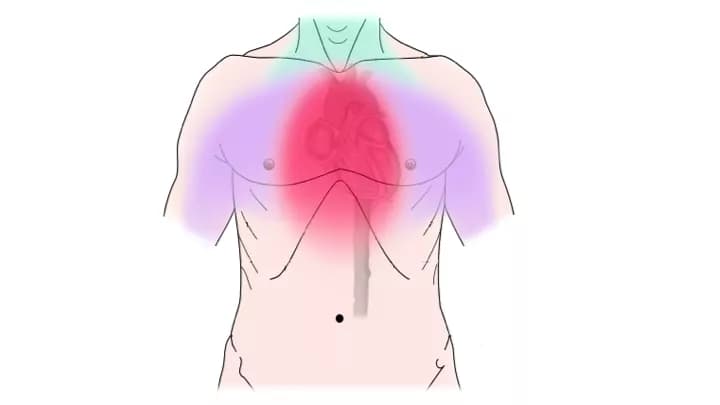
Scientific Breakthrough May Limit Damage Caused By Heart Attacks
A research advance from the Sanford Burnham Prebys Medical Discovery Institute (SBP) and Stanford University could lead to new drugs that minimize the damage caused by heart attacks. The discovery, published in Nature Communications, reveals a key control point in controlling the formation of new blood vessels in the heart, and offers a novel approach to treat heart disease patients.
"We found that a protein called RBPJ serves as the master controller of genes that regulate blood vessel growth in the adult heart," said Mark Mercola, Ph.D., professor in SBP's Development, Aging, and Regeneration Program and jointly appointed as professor of medicine at Stanford University, senior author of the study. "RBPJ acts as a brake on the formation of new blood vessels. Our findings suggest that drugs designed to block RBPJ may promote new blood supplies and improve heart attack outcomes."
In the US, someone has a heart attack every 34 seconds. The ensuing loss of heart muscle, if it affects a large enough area, can severely reduce the heart's pumping capacity, which causes labored breathing and makes day-to-day tasks difficult. This condition, called heart failure, arises within five years in at least one in four heart attack patients.
The reason heart muscle dies in a heart attack is that it becomes starved of oxygen--a heart attack is caused by blockage of an artery supplying the heart. If heart muscle had an alternative blood supply, more muscle would remain intact, and heart function would be preserved. Many researchers have therefore been searching for ways to promote the formation of additional blood vessels in the heart.
"Studies in animals have shown that having more blood vessels in the heart reduces the damage caused by ischemic injuries, but clinical trials of previous therapies haven't succeeded," said Ramon Díaz-Trelles, Ph.D., staff scientist at SBP and lead author of the study. "The likely reason they have failed is that these studies have evaluated single growth factors, but in fact building blood vessels requires the coordinated activity of numerous factors. Our data show that RBPJ controls the production of these factors in response to the demand for oxygen.
"We used mice that lack RBPJ to show that it plays a novel role in myocardial blood vessel formation (angiogenesis)--it acts as a master controller, repressing the genes needed to create new vessels," added Diaz-Trelles. "What's remarkable is that removing RBPJ in the heart muscle did not cause adverse effects--the heart remained structurally and functionally normal in mice without it, even into old age."
"RBPJ is a promising therapeutic target. It's druggable, and our findings suggest that blocking it could benefit patients with cardiovascular disease at risk of a heart attack. It may also be relevant to other diseases," commented Pilar Ruiz-Lozano, Ph.D., associate professor of pediatrics at Stanford and adjunct professor at SBP, co-senior author. "Inhibitors of RBPJ might also be used to treat peripheral artery disease, and activators might be beneficial in cancer by inhibiting tumor angiogenesis."
The above post is reprinted from materials provided by Sanford-Burnham Prebys Medical Discovery Institute. Note: Materials may be edited for content and length.
Disclaimer: DoveMed is not responsible for the adapted accuracy of news releases posted to DoveMed by contributing universities and institutions.
Primary Resource:
Díaz-Trelles, R., Scimia, M. C., Bushway, P., Tran, D., Monosov, A., Monosov, E., ... & Mercola, M. (2016). Notch-independent RBPJ controls angiogenesis in the adult heart. Nature Communications, 7.
Related Articles
Test Your Knowledge
Asked by users
Related Centers
Related Specialties
Related Physicians
Related Procedures
Related Resources
Join DoveHubs
and connect with fellow professionals

0 Comments
Please log in to post a comment.